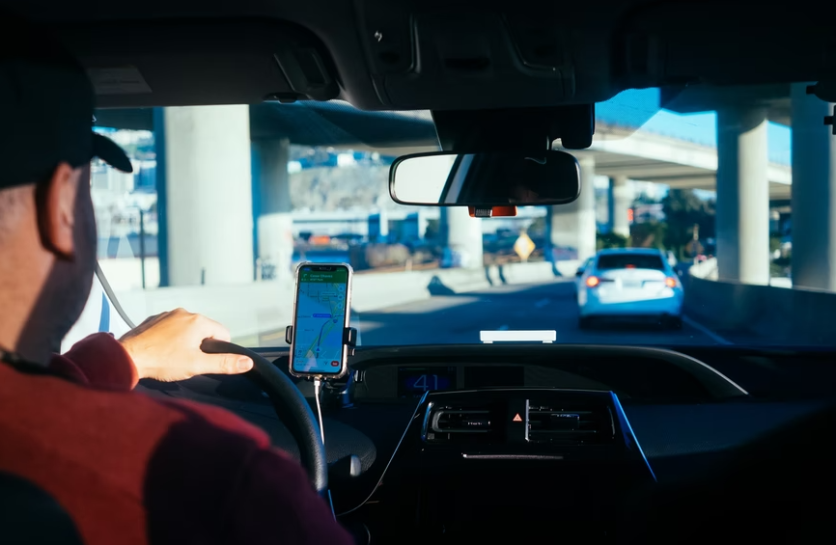
Uber has been sued by the US Justice Department or DOJ over allegations that it has been overcharging disabled people.
The DOJ claims that Uber's wait time fees are discriminating against disabled passengers who need more than two minutes to get into a vehicle.
Uber Sued by DOJ
The DOJ stated that Uber needs to comply with the Americans with Disabilities Act or ADA. However, Uber stated that wait time fees were not intended to apply to disabled riders and that it had been refunding the said fees, according to The New York Times.
Kristen Clarke, the assistant attorney general for the DOJ's civil rights division said the lawsuit aimed to send a powerful message that Uber can't penalize passengers with disabilities simply because they need more time to get into the vehicle.
Uber and other companies that provide transportation services need to make sure that equal access for all people, including those with disabilities, are applied.
However, Uber stated that it disagreed that its policies were in violation of the ADA. A spokesman said that the company had been in talks with the DOJ before the surprising and disappointing lawsuit.
The wait time fees were not intended for riders who are already ready at their designated pickup location but it needs more time to get into the vehicle.
Uber had a policy of refunding the wait time fees for disabled riders whenever they alerted the firm that they had been charged, the spokesman said that after a recent change last week, now any Uber rider who certifies that they are disabled will have fees automatically waived.
Uber's Disability Issues
Uber started charging passengers for driver waiting times in 2016. The firm stated that riders are charged on average less than 60 cents, and that wheelchair-accessible trips or Uber Assist trips do not have any wait time fees by default.
This is not the first time that Uber has found itself in hot water over disability issues, according to NBC.
In April, Uber was ordered to pay a blind woman in San Francisco $1.1 million after she was refused rides on 14 occasions.
In the UK, Paralympic medallist Jack Hunter-Spivey stated in September that Uber and other taxi drivers regularly drove off when they saw that he used a wheelchair.
A study by the University of Tennessee back in 2020 found that it takes 28% more income for a disabled person in the US to achieve the same standard of living as a non-disabled person.
The president and CEO of the American Association of People with Disabilities or AAPD, Maria Town, who has cerebral palsy, told the BBC that disabled people usually face a disproportionate economic burden, often as a result of realities they can't change nor control.
Aside from the higher costs for health care, medical supplies and accessibility tools, the practice of applying extra fees for services, like grocery delivery or rideshare wait times, adds an additional tax for disabled consumers.
Ending the practice of charging wait-time fees for disabled riders would be a step in the right direction toward economic equality and dignity.
The AAPD stated that it had seen a lot of cases where Uber drivers had driven away as soon as they saw that the passenger was using a wheelchair, crutches, a service dog, or a walker.
Read also: Uber Software Bug Charges Drivers Additional Fee After Passenger Drop Off: Is It Already Fixed?
This article is owned by Tech Times
Written by Sophie Webster
ⓒ 2026 TECHTIMES.com All rights reserved. Do not reproduce without permission.




